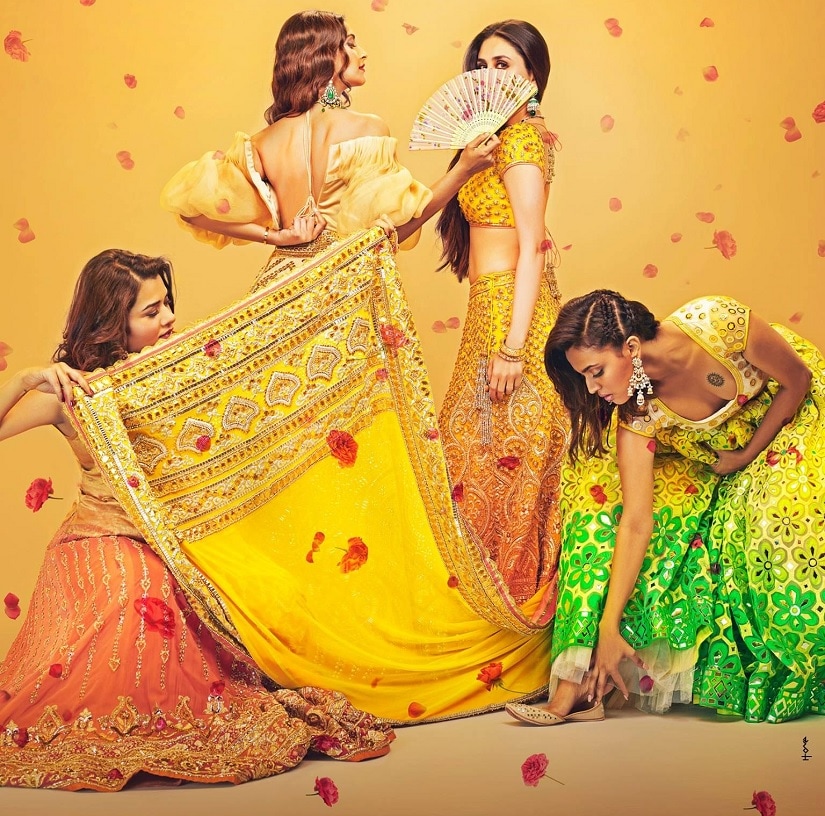While I was watching this movie, a
fleeting thought that occurred to me was that biopics are very difficult to
make. A person carries multiple facets throughout his life and condensing it to
a duration of 3 hours is no easy feat. Hence, it is the writer’s prerogative to
show whichever facet he wishes to delve into. Sometimes, the writer’s
perspective connects with the audience and the other times, it just appears not
completely honest. Director Rajkumar Hirani’s much awaited ‘Sanju’, falls slightly
in the latter category.
Written by the director himself
along with his co-writer from his previous blockbusters, Abhijat Joshi, Sanju is
a retelling of the tumultuous times in the life of ‘Bad Boy’, Sanjay Dutt. With
a spectacular Ranbir Kapoor in the lead, Sanju has an equally strong supporting
cast, headlined by Vicky Kaushal, Paresh Rawal, Sonam Kapoor, Manisha Koirala,
Dia Mirza and Anushka Sharma. The movie is the journey of Sanjay Dutt, focusing
majorly on his tryst with alcohol, drugs and his infamous brush with the law in
the 1993 Mumbai blasts. This is where I found the writing to be uneven and not
completely honest. The focus seemed to be primarily on Sanjay Dutt’s legal
troubles and at one point, it seemed like the movie was made to cleanse his
image. Probably, the other facets of his life were not included as they involved
prominent people – his publicly famous affairs with his leading ladies, his two
wives before Manyata, his estranged daughter and his equation with the other
actors in the industry. So, the writers chose a script that tries not to offend
anyone.

The makers also issue a
disclaimer that the movie is based on ‘true events’, but they have taken
certain ‘cinematic liberties’. So, the writers can be given the benefit of
doubt about their narrative, where the lines between facts and fiction seem to
have been blurred. For example, one of the prominent characters is Sanjay Dutt’s
best friend, Kamlesh Kanhaiyalal Kapasi (played by Vicky Kaushal) – a friend
nobody heard about before today. But, the bumpy writing is camouflaged by
brilliant performances by the well-cast ensemble! Ranbir Kapoor as Sanjay Dutt
is phenomenal! He acts with so much conviction that you see Sanjay Dutt on the
screen, and not Ranbir Kapoor. He puts his well-honed acting skills to good
use, and transforms brilliantly from a 21-year-old drug addict to a middle-aged
man fighting to get his name cleared. It is undoubtedly his best performance
till date!
Among the supporting characters,
it was Vicky Kaushal as Sanjay Dutt’s Gujarati bestfriend, Kamli, who has
outdone himself. He is witty, has the perfect Gujju-slang and delivers a powerful performance, maintaining his
ground without being the main lead. After a very long time, we see Paresh Rawal
in an extremely important and lengthy role as Sanjay Dutt’s father, Sunil Dutt,
playing the guide and teacher that Sanju needed. His scenes with Ranbir Kapoor
are pure gold, especially the one where they both sing at the harbor. Also, I liked
his life lessons and linking them to Bollywood songs. Manisha Koirala has a
small role, but is effective and should work more often! Sonam Kapoor, after
being the weakest actor in ‘Veere Di
Wedding’, delivers a much better performance, as Sanjay Dutt’s Parsi girlfriend
who leaves him to marry a doctor in USA (Parsi and Married to a doctor in the
US- Subtle reference to two of Sanjay Dutt’s most famous affairs!). Dia Mirza
is just about okay, but my major issue was with the caricature played by Anushka
Sharma. As Sanjay Dutt’s biographer, she is placed under a quirky façade, with atrocious
hair and sky-blue eyes, making her look less of a human!
The movie has a typical Rajkumar
Hirani stamp all over it – it is comical, it has subtle romance, there is
rebellion and bouts of emotional scenes too. But, the emotional connect somehow
gets lost due to the various inconsequential subplots and some Bollywood masala
elements. Rajkumar Hirani is one of those rare directors, whose repertoire is a
testimony of successfully blending elements of mass appeal with a strong
message. Like ‘3 idiots’ talked about the flaws in our education system and ‘PK’
questioned superstition, Sanju tries to fight sensational journalism and trial
by media. Rajkumar Hirani, who also edited the movie, keeps it crisp by reducing
the length of the songs. But still, the movie is generously long at 2 hours 45
minutes.
Despite the irregular writing and
its length, Sanju works for its brilliant performances and Rajkumar Hirani’s
craft. But yes, it deserved a better script.
My Rating – 3/5


